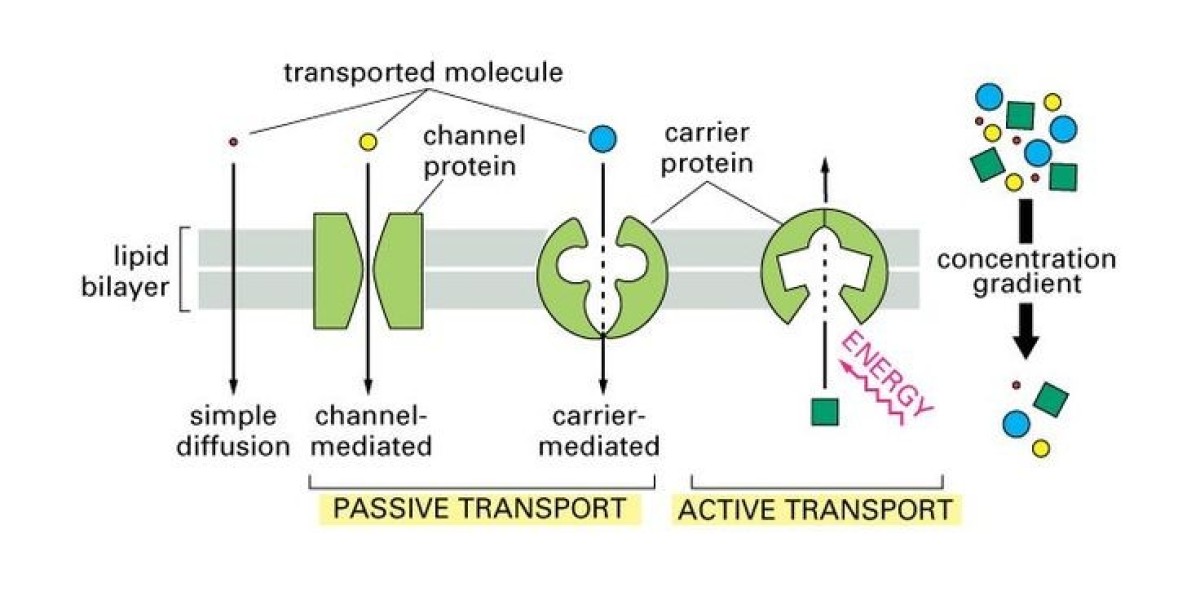The vaccine transport carrier market is critical to global healthcare, ensuring vaccines are delivered safely while maintaining their effectiveness. While the market faces challenges, several accelerators are driving growth, efficiency, and innovation, enabling stakeholders to overcome operational hurdles and expand market reach. Understanding these growth drivers is essential for logistics providers, governments, and healthcare organizations.
One of the most significant accelerators is technological innovation. Advanced carriers equipped with IoT-enabled sensors, GPS tracking, and real-time temperature monitoring allow for precise control over vaccine conditions during transportation. These technologies reduce the risk of cold chain breaches, improve tracking, and provide actionable insights for logistics optimization. The adoption of AI-driven route planning and predictive analytics further enhances efficiency by minimizing transit times and anticipating potential delays.
Government initiatives and supportive policies play a pivotal role in accelerating market growth. Governments worldwide are investing in vaccine distribution infrastructure, funding cold chain facilities, and offering incentives to logistics providers. These policies help reduce barriers to entry, ensure regulatory compliance, and improve vaccine accessibility, especially in underserved or remote regions. Public-private partnerships also facilitate the efficient rollout of immunization programs, further boosting market demand.
Advanced cold chain solutions are another key accelerator. Innovations such as solar-powered carriers, portable ultra-low temperature freezers, and reusable insulated packaging enhance vaccine stability and safety during transportation. These solutions reduce dependency on conventional power sources and increase operational flexibility, particularly in regions with limited infrastructure. The development of scalable and energy-efficient cold chain technologies allows for the broader distribution of vaccines to rural and hard-to-reach areas.
Global collaborations and strategic partnerships significantly contribute to market acceleration. Logistics providers, healthcare organizations, governments, and NGOs are working together to improve last-mile delivery, streamline regulatory processes, and share best practices. These collaborative efforts enable rapid deployment of vaccines during health crises and facilitate consistent supply across international borders. Partnerships also foster innovation by encouraging shared investment in technology and infrastructure development.
Rising demand for vaccines worldwide further propels market growth. Increased awareness of preventive healthcare, the introduction of new vaccines, and global immunization initiatives drive the need for reliable transport carriers. Efficient vaccine distribution networks are essential for meeting these demands, encouraging logistics providers to adopt innovative solutions and expand their service capabilities.
Workforce development initiatives are also accelerating market growth. Training programs that enhance skills in cold chain management, technology operation, and regulatory compliance help reduce operational errors and improve service reliability. Skilled personnel ensure that vaccines are handled correctly throughout the supply chain, increasing confidence among healthcare providers and governments.
Sustainability and eco-friendly innovations are emerging as additional accelerators. Companies are investing in energy-efficient carriers and reusable packaging solutions, reducing environmental impact while maintaining vaccine safety. Sustainable practices appeal to environmentally conscious stakeholders and help align logistics operations with global sustainability goals.
In conclusion, the vaccine transport carrier market is being accelerated by technological innovations, government initiatives, advanced cold chain solutions, global partnerships, rising vaccine demand, workforce development, and sustainability efforts. These accelerators enable more efficient, reliable, and widespread vaccine distribution, strengthening global healthcare systems and ensuring timely delivery to populations in need.







